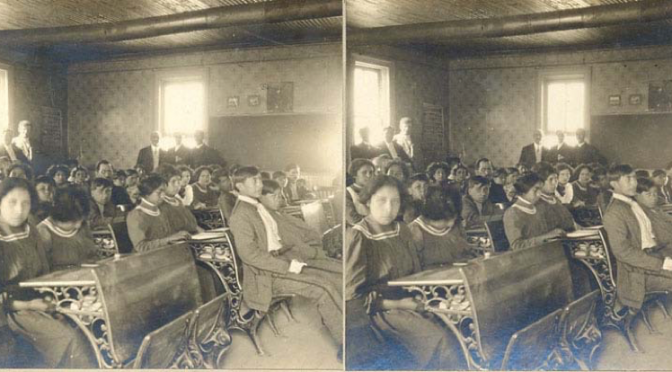Writing effective CLB-aligned comprehension items
“Understand that there is always one clearly best answer. My goal is not to trick students or require them to make difficult judgments about two options that are nearly equally correct. My goal is to design questions that students who understand will answer correctly and students who do not understand will answer incorrectly.”
John A. Johnson (in Clay, 2001)
In a report completed for the Canadian government, Makosky (2008) indicated that, at the time of writing, exit test results from LINC programs across the country were “deemed to be subjective/situational and not comparable to any common standard,” with the result that “exit rating and feedback to newcomers may be inconsistent and the results not as portable as newcomers, Continue Reading →

